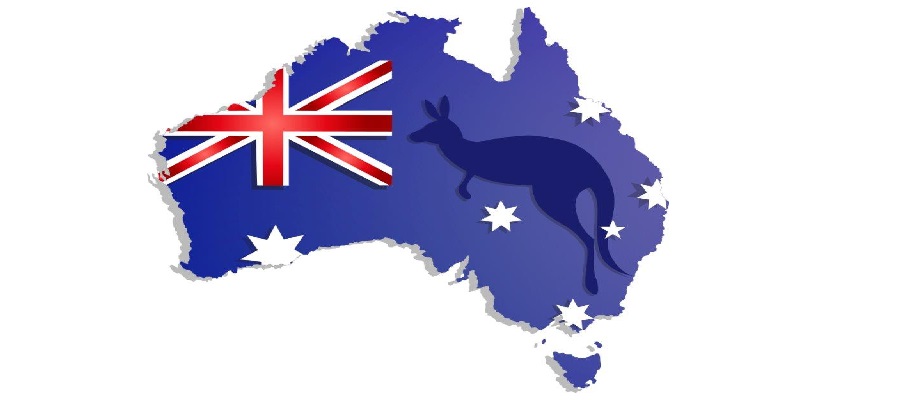When people talk about different “Englishes”, they often concentrate on British and American English. But there are other varieties. Today I’d like to focus on some of the words and phrases that make the English language used in Australia distinctive1.
It’s dangerous to try to describe a whole nation in a few words, but most people seem to agree that Australian English reflects its users in being relaxed, informal, down-to-earth, open, direct, imaginative, and lacking respect for any form of snobbery or elitism. Classic phrases include:
‘his blood’s worth bottling’ (he is a good person);
‘she’ll be apples’ (everything will work out well);
‘drinking with the flies’ (drinking alone),
‘a face like a dropped meat pie’ (very ugly), and
‘mad as a cut snake’ (very angry).
Even Australian politics uses this kind of language; ‘a foul2-mouthed grub3’ or ‘a mangy maggot4’ are just two of the many colourful expressions the former Prime Minister Paul Keating used to describe his political opponents.
Australia has only been an English-speaking country since 1788, while the Aborigine5 people first arrived over 40,000 years ago. Unsurprisingly, there are many words from their languages in Australian English. Familiar examples include budgerigar6, kangaroo, koala, kookaburra, wallaby7, and wombat, all Australian animals that are now known worldwide. Many other names for animals – barking spider, bicycle lizard, policeman fly, thorny devil – and vegetation – beefwood8, cheese tree, raspberry jam tree, soap tree – are of English origin. Boomerang is another Aborigine word, as is yakka, usually in the phrase hard yakka, meaning hard work, but apparently didgeridoo9 is not, although instrument is an Aborigine one. When Australians aren’t doing hard yakka, they love to relax, ideally at the beach. Words for swimwear include bathers, swimmers, togs, and cozzy, while on your feet you might wear thongs, known in the UK as flip-flops. A surfie, of course, is a surfer. Another key part of life is a barbie (a barbecue); Australians usually carry the food (or tucker) and drinks in an esky (a portable coolbox).
As you can see, Australians love abbreviating words. Here are some more. Can you guess what Aussie, choccy, mozzy, kindie, oldies, postie, prezzy, and rellies are? The answer: Australian, chocolate,mosquito, kindergarten, parents, postman, present, and relatives. Defo is definitely; this arvo is this afternoon; a smoko is a break from hard yakka (to have a cup of tea or, originally, a cigarette); Macca’s is McDonald’s, and a ute (short for utility) is a pickup truck. A common greeting is G’day (short for ‘Good day’), and if an Australian says onya to you, he is congratulating you (‘Good on you’). And it’s common to address not only friends but also strangers as mate (friend), a word also found elsewhere but more common in Australian speech.
There are also words that purely Australian and only, or mainly, used there.
A bogan is someone, often a young male, who is unsophisticated and coarse10, whereas a larrikin is wild but usually good-hearted. Something good can be described as ripper or beaut. Dinkum or fair dinkum means genuine, while shonky means dishonest or unreliable, and if you are crook you are ill. A chook is a hen, a dunny is a ‘kadibudka’, the bush means the countryside, and the outback is the deep desert interior of Australia. And a Pom or Pommy is someone from Britain, like me. I’ve been called worse things, but I’d rather be called ‘mate’.
ACTIVITY
♦ How much do you know about Australia and its people? Do some research and share the results with your class. Possible interesting topics can be: geography, history, sports, wildlife, music, film, famous Australians, etc.
Simon Gill
Vocabulary: 1 charakteristický, typický; 2 nečistý, špinavý– páchnoucí; 3 larva; 4 prašivý červ; 5 [∂boridžini:] domorodý, pôvodný (obyvateľ) – domorodec, původní (obyvatel); 6 andulka; 7 druh klokana; 8 tvrdé červenkasté drevo – tvrdé načervenalé dřevo; 9 bambusová píšťala; 10 hrubý, nekultivovaný

